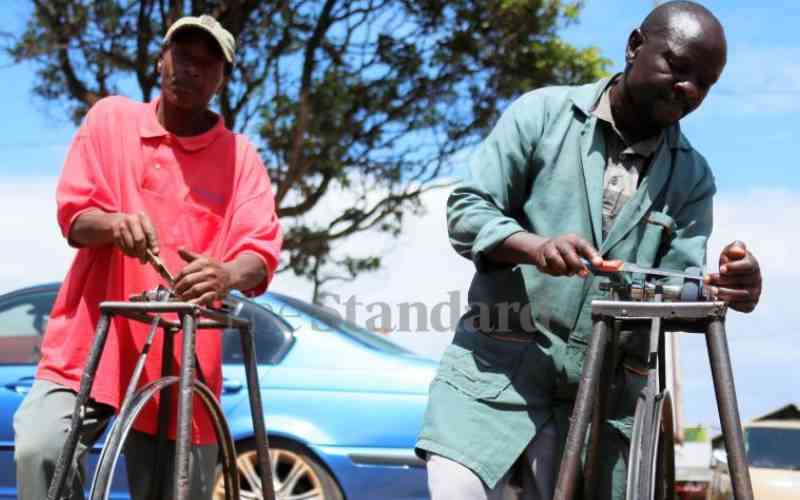×
The Standard e-Paper
Kenya’s Boldest Voice

If 2023 was the year of "finyaa!" and pain for Kenyans, doesn't 2024 already feel like it might be "finyaa squared"?
Yes, the New Year is a time of hope and optimism but, barely a fortnight in, the final part of Finance Act 2023 kicked in (even though technically all still in court) and, right on cue, President William Ruto has decided the time is right to put the Judiciary on trial for frustrating his flagship programmes (or as Senator Okiya Omtatah put it in his coruscating response "pet projects").